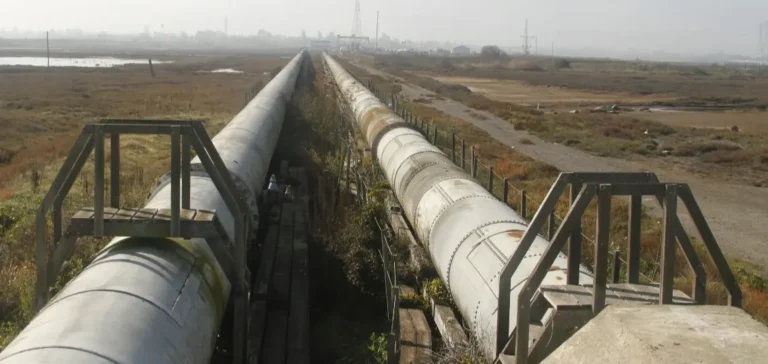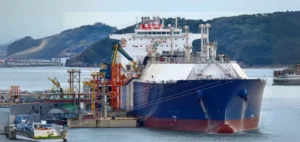The Northeast Supply Enhancement (NESE) project, revived in 2025 by Williams and National Grid, is now at the centre of a dual legal proceeding seeking to overturn water quality certifications issued by New York and the New Jersey. Both states granted permits under Section 401 of the Clean Water Act, despite having rejected the same project in 2019 and 2020 on similar environmental grounds.
NGOs challenge regulators’ policy reversal
Non-governmental organisations, including Earthjustice and the Natural Resources Defense Council (NRDC), are challenging the legality of this shift in stance, arguing that the agencies failed to provide sufficient justification for their reversal. They claim that the project’s environmental impacts were not rigorously reassessed, particularly concerning the resuspension of toxic sediments in Raritan Bay and damage to benthic habitats.
The New York Department of Environmental Conservation (DEC) and the New Jersey Department of Environmental Protection (DEP) are defending their position by citing updated studies and reinforced technical conditions. However, opponents argue that these elements are not enough to justify the policy shift, which could render the decision “arbitrary and capricious” under federal case law.
FERC targeted for reviving outdated permit
A separate lawsuit targets the Federal Energy Regulatory Commission (FERC), which is accused of reissuing a certificate of public convenience based on a 2019 environmental record. Earthjustice argues that the permit does not account for 2025 air quality and climate standards and is seeking its annulment or a full reassessment.
This creates dual legal vulnerability: even if state water certifications are upheld, the project could be blocked by the invalidation of the FERC certificate. Conversely, a valid federal certificate would not enable construction without state approvals for aquatic impacts.
Economic stakes for Williams and National Grid
NESE represents an investment of around $1bn and would allow Transco, a subsidiary of Williams, to add 400,000 dekatherms per day of capacity to the New York metropolitan area. National Grid, the anticipated anchor customer, has integrated this capacity into its reliability plan approved by the New York Public Service Commission (PSC).
If the project is halted in court, both companies face financial and reputational risks. Williams may be left with a stranded asset, while National Grid would need to revise its near-term supply strategy without relying on a new pipeline.
A test case for fossil infrastructure in the Northeast
Beyond NESE, the outcome of this case could determine whether new gas projects remain financeable in Northeastern states. A court rejection would reinforce a restrictive line on interstate offshore projects, pushing operators to favour non-pipeline alternatives.
On the other hand, judicial approval could be interpreted as an implicit green light for future expansions, within a regulatory and political environment already strained by conflicting goals of climate policy and energy reliability.






















